Your Quick Guide to Finally Understanding the World of Cryptocurrency
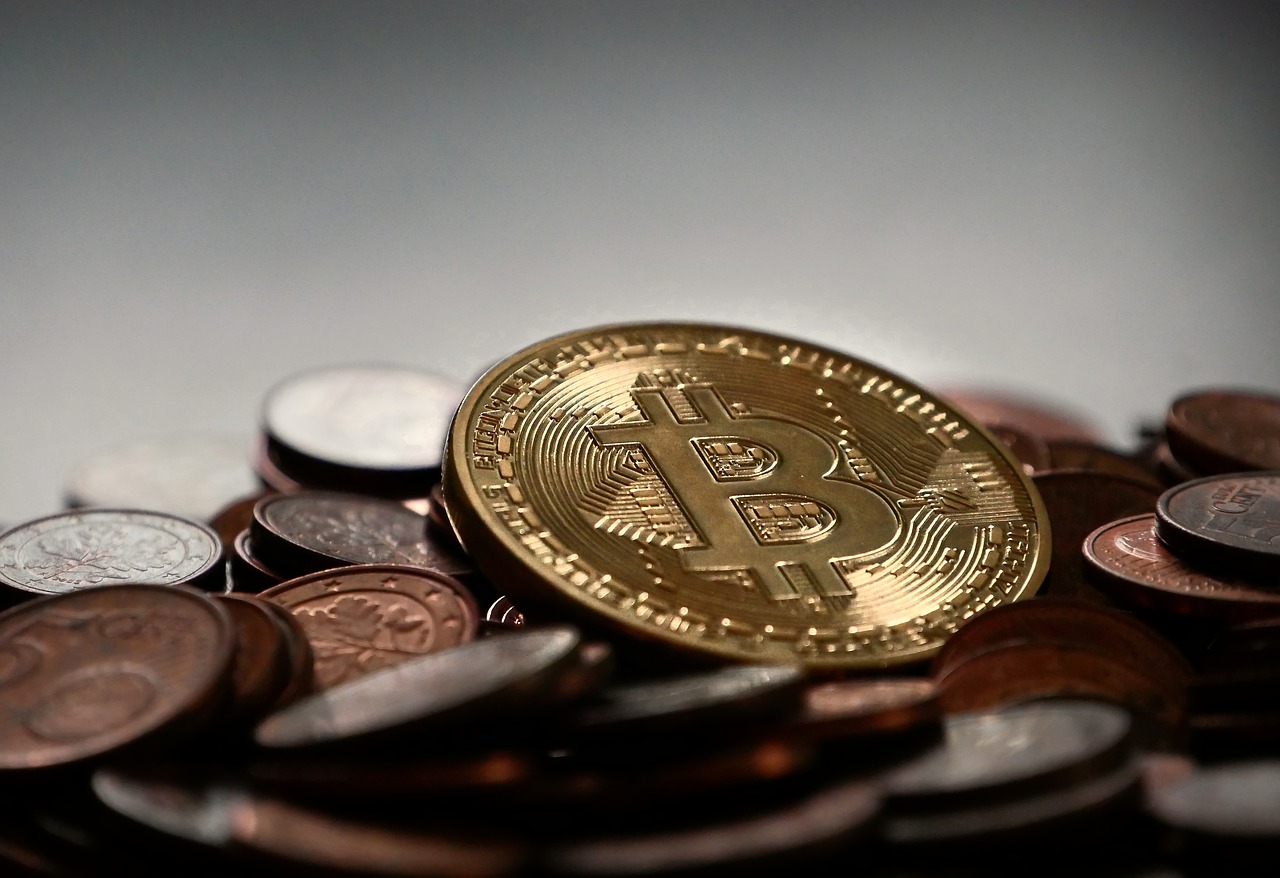
Image by MichaelWuensch via Pixabay
Unless you've been living under a rock, odds are you've heard at least a little bit about Bitcoin. You may even know a few connected terms like “blockchain”, “cryptocurrency”, and “bitcoin mining”… but these don't necessarily make sense. And although Bitcoin facts and figures are readily available, they can be confusing at first.
This is especially true if you're just trying to understand it now. The fact that it's referred to as a “cryptocurrency” probably doesn't make it seem any less complicated…

via GIPHY
Bitcoin (and other cryptocurrencies) have recently exploded into the public consciousness. Although Bitcoin has been around for ten years at this point, it garnered a rush of mainstream recognition during the second half of 2017.
During this period, it seemed like everyone was trading the currency, or at least trying to learn about it. It made top news headlines, and a few savvy people seemed to be making millions of dollars from trading it.
Can I Still Get In On This?
Although Bitcoin can be seen primarily as an investment, you'll want to treat it cautiously at this point. It has gone through periods of volatility.

via GIPHY
The value of Bitcoin spiked in 2017, but it came crashing back down again very quickly. In the first few months of 2018, many people who rushed to invest their savings wound up taking significant losses when the bubble burst.
But buying and selling Bitcoin is only a small part of what it's good for.
But what is Bitcoin to begin with? You probably know that it's a “currency”, but how does it work to facilitate transactions?
And is there any point in pursuing it now, or is it just a fad that's already had its time in the sun?
Let's look at what's under the hood…
Bitcoin Facts #1: Bitcoin Is A Currency

Image by TheDigitalArtist via Pixabay
Bitcoin is a type of currency used on the internet.
The Bitcoin currency isn't regulated by a single bank, person, or government. It exists independently, and it is created and maintained by a network of computers that support it.
People who use Bitcoin for transactions have a Bitcoin “wallet.” This wallet remembers the amount of Bitcoin that is attached to it.
In fact, that amount is posted publicly, with everyone on the system able to see it. So unlike a regular wallet (or bank account, or investment portfolio), a Bitcoin wallet will let everyone know how much is inside it, right up front. It's no secret.
But just because it shows how much is inside doesn't mean that it isn't private. No one else can see the name of the person who owns a particular “wallet.” This is because wallets exist as strings of numbers.

via GIPHY
So even though another Bitcoin user could see the amount in your wallet… there's no easy way to tell that it belongs to you. Only with extensive research could someone manage that.
On top of that, the Bitcoin system gives each user a complicated private key. Only someone using their specific private key can access the wallet to send money.
The private key is what Bitcoin uses In order to keep your own personal wallet secure. To keep the larger system secure, Bitcoin relies on a type of structure.
It is the system known as “blockchain.”
Bitcoin Facts #2: Blockchain Is The Technology
Blockchain is simply a way of sharing and storing information.
In order to understand why it is necessary, consider this question:
Let's say you get an email from someone you've never met. They want to sell you a product from their marketplace, and it seems like a good deal. But you might not take them up on their offer. After all, how do you know that person is who they say they are?

via GIPHY
Answer: you don't.
If you do trust this person, it's probably because you have a common link. Someone who knows you both. Or it's because you're both part a system that verifies your identity and trustworthiness.
If you wanted to buy medicine from an online retailer that you'd never heard of, wouldn't you want some sort of verification that retailer is legitimate? Something that came from multiple people saying “yes, this person is trustworthy”?
That idea of “community verification” is what makes blockchain effective.
Here is how it works.

via GIPHY
When you send another person some Bitcoin from your wallet, you don't transfer it secretly.
Instead, you broadcast news of the transfer to everyone.
You send the Bitcoin to an address that the other person can access. They have a private key that will give them this access.
Within seconds, the transfer announcement goes out onto the internet and starts getting recorded. After a few minutes, the whole world has a record of your specific transfer of funds. Then lots and lots of individual computers record this information.

via GIPHY
It is recorded on numerous computers in a “block” of information. That information is then added to a common chronological “chain.”
Now the record is public.
What About Bitcoin Mining? What's That?
With large numbers of transactions, the amount of total computing power used to record these transactions is very high. That's why the Bitcoin system rewards people who use their computers to help record this information.
You may have heard the phrase “mining bitcoin.” This is what it means.
People who record “blocks” are known as “miners.” So when you hear the term “mining bitcoin,” it is referring to people who are using their computers to record information. People who do this wind up earning a small amount of Bitcoin for their efforts, hence the term “mining.”

via GIPHY
It is almost impossible to cheat the system because everyone is watching. Furthermore, the information is decentralized.
So someone trying to hack the system would have to break into thousands of personal computers all simultaneously, and that would be very, very hard to do.
Think of it like this: an ordinary burglar could break into your car or house.
A really good burglar might be able to break into a bank and steal money from a vault.
But even the best burglar isn't going to be able to break into thousands of homes at the same time.
And that's how the Bitcoin system is able to stay secure.
But What About All These Hacks Online?
When you read news headlines about a big online data breach, it's usually because someone hacked into one organization's database with lots of personal information stored on it. Like with Target, Equifax, LinkedIn, or any of a number of hacks in recent memory. With lots of computers? It's much harder to do that.
In addition, the number of bitcoins is finite. That means that a central bank can't devalue it. There is a certain amount of volatility based on how people trade it, but this is dictated by the market as a whole, not by a specific person or power who holds the reins.
The advantage of bitcoin is that it's autonomous; it is not tied to one bank or country, which is why both established financial institutions and governments are suspicious of it.
And it all started just ten years ago…
Bitcoin Facts #3: The Origins Of Bitcoin Are Shrouded In Mystery

Image via youtube
The inventor of Bitcoin is known as Satoshi Nakamoto… but who is that? Why haven't I ever seen this person before?
If you're not matching a face to the name, there's a good reason for that.
Satoshi Nakamoto published a paper and got Bitcoin started, but has not officially appeared in public. In fact, it is likely that Satoshi Nakamoto is not real person but a pseudonym.
Nakamoto may even be a group of people using one common name to mask their individual identities.
Whatever the case, Nakamoto's influence on the financial world is undeniable.
People had theorized about the possibility of cryptocurrency for some time, but there were a number of challenges that prevented it from being successful. They would talk about it on mailing lists and group chats, but nothing ever really got off the ground.
In August 2008, someone registered the domain bitcoin.org.
On October 31, Nakamoto published a paper to a mailing list, outlining the methods of using a peer-to-peer network to make transactions.
Then, in January of 2009, the first transaction was made. It was only an experiment, but it was the first of many.
Bitcoin Facts #4: The First Purchase Was A Pizza

Image by igorovsyannykov via Pixabay
For the first year or so, Bitcoin was largely theoretical. Then on May 22 2010, Florida programmer Laszlo Haynecz stated that he would give someone 10,000 BTC… in exchange for them ordering him a pizza.
Someone in Britain responded, paid for a pizza using a credit card, and had it delivered to Haynecz. True to his word, Haynecz paid the sender with a transfer 10,000 Bitcoin (or BTC).
Among cryptocurrency enthusiasts, May 22 is celebrated as “Bitcoin Pizza Day” for being the first known time that BTC was used to make a real purchase.
At the time, it seemed like a relatively unimportant event, but it marked the beginning of a new chapter for Bitcoin. Two individuals had agreed that it was an acceptable form of payment, and that agreement established it as a practical currency, rather than simply “an interesting idea.”
As an aside… 10,000 BTC would now trade for about $40 million! I'm guessing the guy who paid for the pizza has few regrets about that decision. (This is why you should never be afraid to chip in a little for pizza.)
Bitcoin Facts #5: Yes, Bitcoin Was Sometimes Used For Crime

Image by TheDigitalArtist via Pixabay
A few other things happened in the year that followed. First off, Nakamoto stepped away from steering Bitcoin, retiring and effectively letting the system run its course. He (or they) had remained involved in developing the currency until December 2010, but has not been publicly heard from since 2011.
Nakamoto's identity is still unknown.
The other major twist in 2011 was the rise of Bitcoin as a favorite payment method for illegal goods and services on the black market.
Although this had not been its original intent, certain people realized Bitcoin's potential as a way of sending currency without being easily tracked. In 2011, a man named Ross Ulbricht, working under the pseudonym Dread Pirate Roberts, founded a dark-web marketplace called Silk Road.
Ulbricht wanted to create a larger movement that would free the market from what he saw as the tyranny of governments and banks. The site became a popular destination for illegal purchases like drugs and fake IDs.
This prompted a major change in the way law enforcement saw the budding currency system.
Unfortunately for Ulbricht, with enough research, even the best accounts can be traced when you have enough people looking for you. Multiple agencies started looking for the mysterious “Dread Pirate Roberts.” In 2013, Ulbricht was arrested in San Francisco, and Silk Road was shut down.
As part of dismantling Silk Road, the FBI seized 26,000 Bitcoins, which today would be worth about $90 million.
Bitcoin Facts #6: It Can Pay Off, But Be Smart
Also in 2013, the value of Bitcoin as a whole reached $1 billion. Now more people began to take notice, beyond just law enforcement. Financial and tech industries were closely monitoring to see what would happen next.
In late 2013, the value of Bitcoin had its first major spike, in the space of just one month. On November 1, 2013, a single Bitcoin was valued at $198.
Only a month later, trading had pushed the going rate to $947.
Although it dipped again before leveling out, this sudden jump turned a lot of heads. It led many people to start realizing Bitcoin's potential (and volatility) in terms of investing.
The value would explode again in 2017. At the beginning of the year, the value of a bitcoin was just under $1000. A year later the value had reached an astonishing $13,412. People all over the world were trading the coins, hoping not to miss out on the boom.
Investors in South Korea were particularly active. But then in January of 2018, South Korea passed a law that made anonymous trading almost impossible. This and other factors contributed to the “2018 Cryptocurrency Crash.” In December of 2017, BTC had been trading at around $20,000; by early February it had dropped all the way down to $7,000.
Many people saw their investments quickly dry up. Over the last year, the value of Bitcoin has somewhat stabilized and is currently at $4,000. But it has not seen a sustained spike in the last year.
Bitcoin Facts #7: Bitcoin Remains In Use As Form Of Currency
In spite of the ups and downs in terms of trading, Bitcoin is still holding steady as a method of currency between established vendors. Bitcoin has several aspects that garner attention. Some see cryptocurrency as the future of currency, ideally hoping that a no-fee payment system will replace regulated institutions.
Others look at Bitcoin more as an investment opportunity, given that it saw major spikes in value in 2013 and 2017. If that happens again, those holding on to the currency could sell it like shares on the stock market.
Bitcoin Facts #8: Bitcoin Is Unlikely To Disappear Any Time Soon
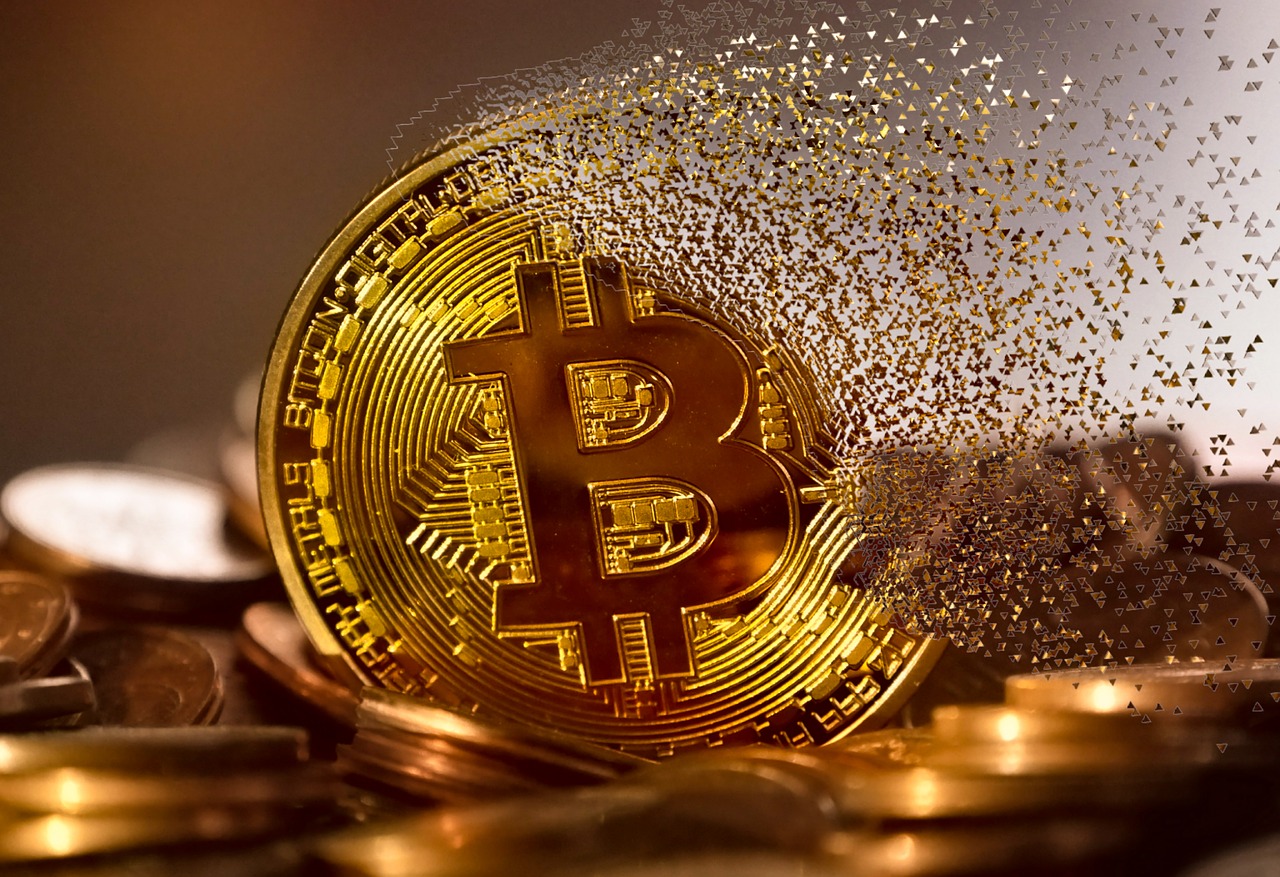
Image by mohamed_hassan via Pixabay
Because Bitcoin has become established in enough places, it is not likely to be forced out of existence in the near future. For one thing, there is a great deal of wealth currently invested in it.
For another, the fact that the system doesn't have a home country or CEO means that dismantling the whole structure would be very difficult.
There are a few advantages over regular currency. At the moment, Bitcoin is more stable than the currency in a few countries (like Venezuela) that are experiencing skyrocketing inflation. The lack of regulation gives Bitcoin more flexibility - which can be both good and bad.
Banks and governments are wary of cryptocurrency because it's difficult to control. This is exactly what attracts many people to the system in the first place; they see Bitcoin as a way of taking on the entrenched power system.
It may not always be the case. Some Asian governments are investigating ways to incorporate blockchain currencies into their markets, and cryptocurrency may not always be as unregulated as it is today.
Step By Step: How A Bitcoin Transaction Works
For those who might be more visual learners, here's a quick illustration of a Bitcoin transaction, going through all the steps. You can see how a person makes a transfer from their wallet to an address that winds up in someone else's “wallet.”
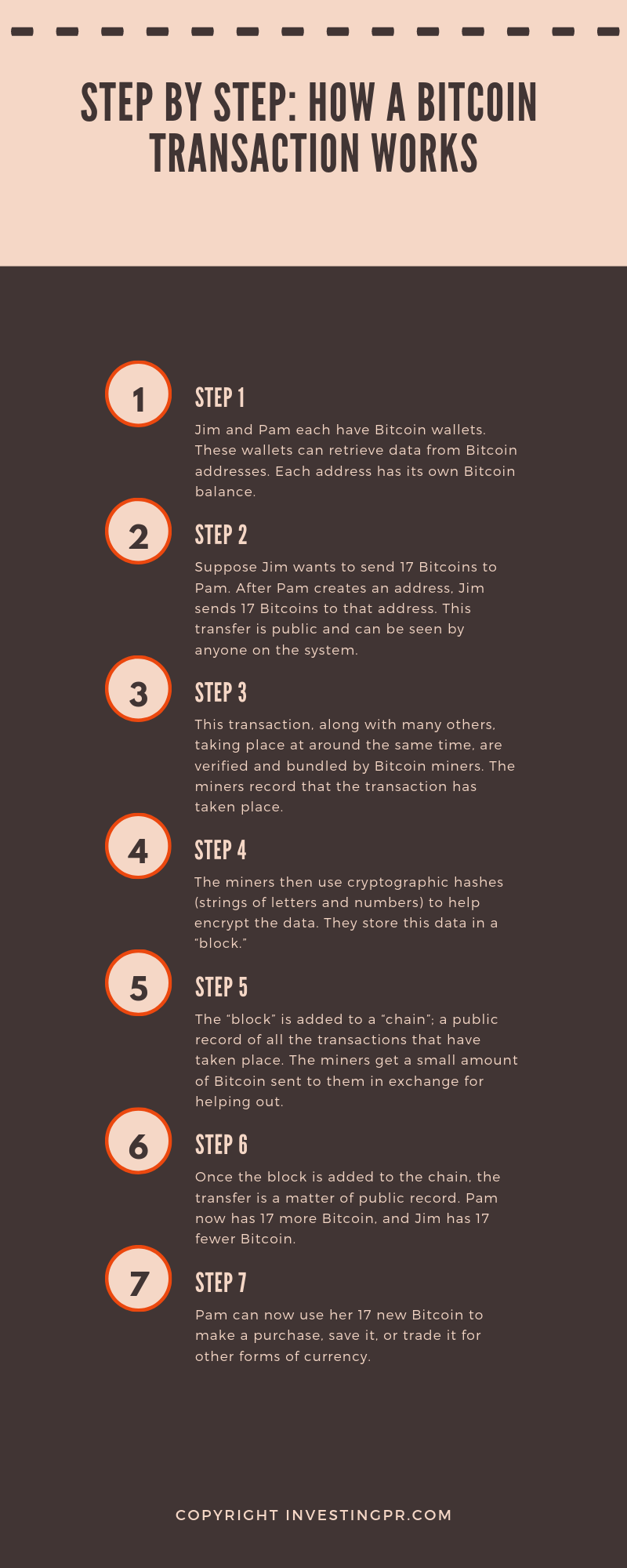
Bitcoin Facts #9: There Is More Than One Reason To Get Into Bitcoin

Image by Jo_Johnston via Pixabay
People who are interested in getting started with using Bitcoin generally have one of several main reasons.
They're idealists: they want to support a new type of transaction market. They see Bitcoin as the way of the future.
They're enthusiasts: they are interested in the technology and the social implications. They want to know about it and see it almost as a hobby.
They're investors: they see it as an investment (though there are no guarantees here!) and hope that by trading it, they can increase their personal wealth.
Bitcoin Facts #10: Many People Still Have Misconceptions About Bitcoin

Image by StartupStockPhotos via Pixabay
Many people are scared of Bitcoin because it seems complicated. Certainly, it is more complicated than a simple cash transaction. However the responsibility for maintaining the system is distributed among more people, making it more difficult to control from on high.
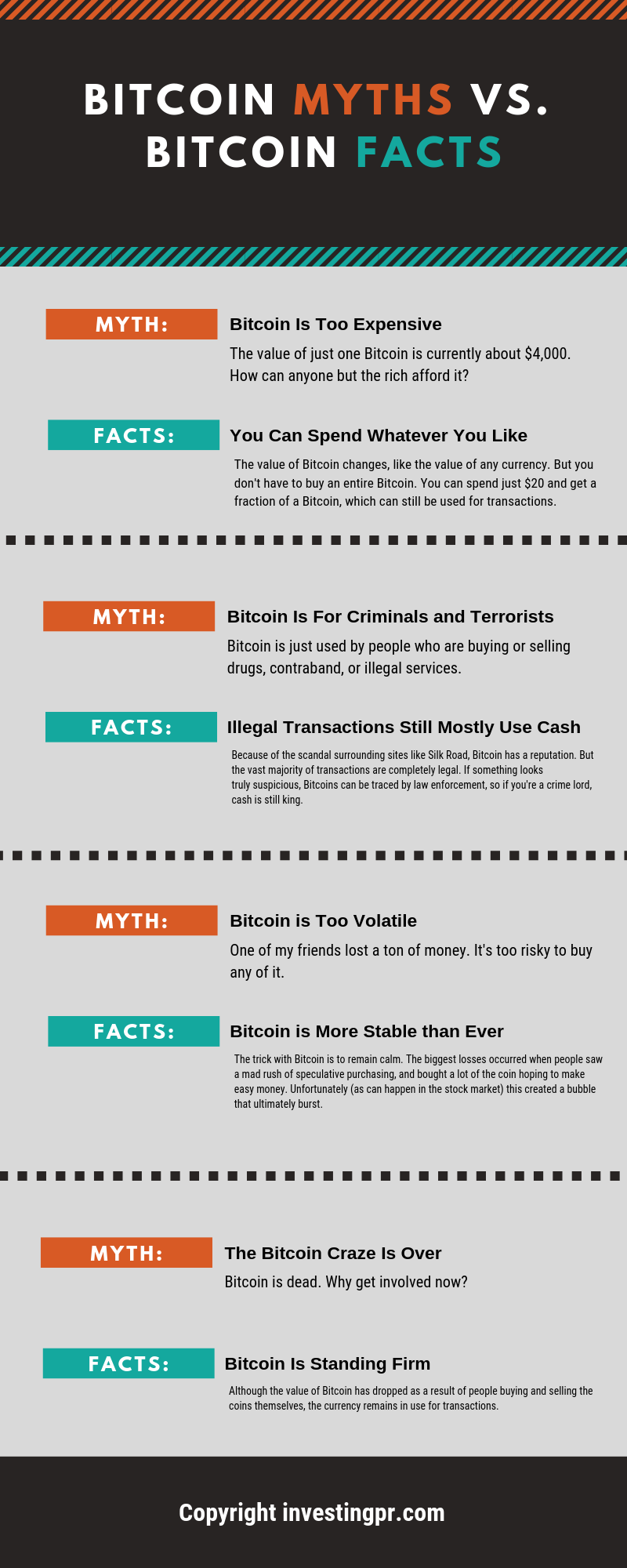
Step By Step: How To Use Bitcoin
You don't actually have to understand anything about bitcoin in order to trade or use it. It's very simple to get started, and there are two ways you can use Bitcoin.
The first way is if you want to spend Bitcoin and use it as currency. In order to do this, you'll first need to set up a Bitcoin wallet. There are a number of mobile apps that can help you do this.
The app Copay is widely available and supported on most platforms. It makes an excellent, easy introduction to buying and selling.
The other thing you'll need to do is to actually buy Bitcoin. By far, the most common way to do this is with an app called Coinbase.
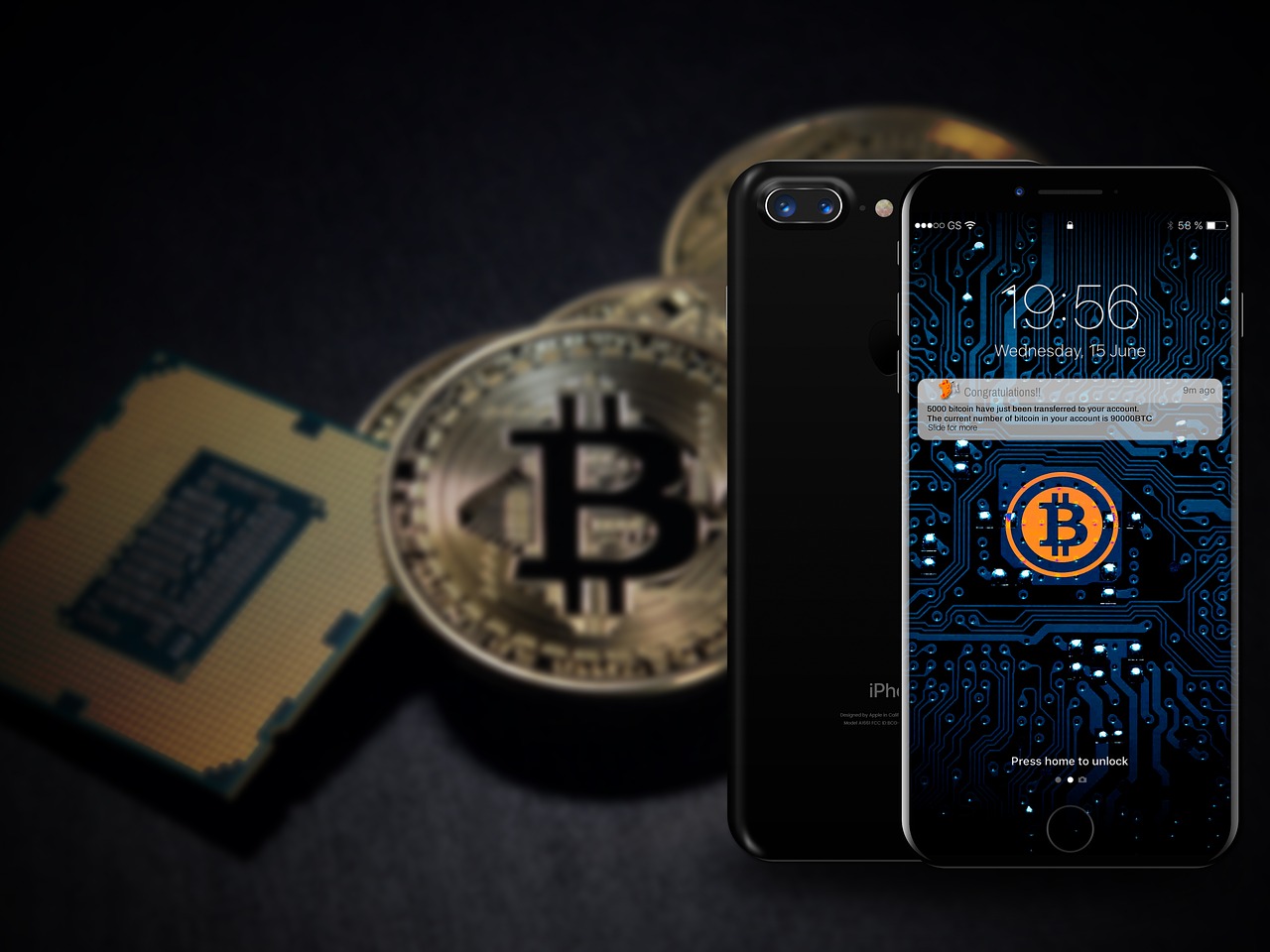
Image by Rodrigo_Jay via Pixabay
With Coinbase, you can trade Bitcoin or put it in your wallet. If you just want to treat it as an investment and buy or sell it, you can just use Coinbase and never even set up a wallet.
If you want to spend it, you'll need Copay or another app like Airbitz.
More detailed instructions are available on Bitcoin's official site.
Bitcoin Facts #11: Bitcoin Can Be A Lot Of Fun!
Do start small until you get the hang of how everything works.. Bitcoin payments are not reversible. Make sure you are comfortable with the basics of making payments before you spend large amounts. And if you're just trading, keep in mind that Bitcoin is volatile, so it is not wise to put all your savings in there.
This may seem obvious, but plenty of people have been overeager due to the promise of easy money, only to see their entire savings evaporate. Avoid this pitfall, and you'll be in great shape.

via GIPHY
Finally, as Bitcoin grows and changes, it is subject to taxation. Make sure you know the laws regarding bitcoin taxes in your country or state.
In addition to getting started with Bitcoin, you can also take a look at some of the vendors that use it for purchases. Coinmap is an online map of venues that accept Bitcoin. https://coinmap.org/welcome/
So spend smart, and have fun!



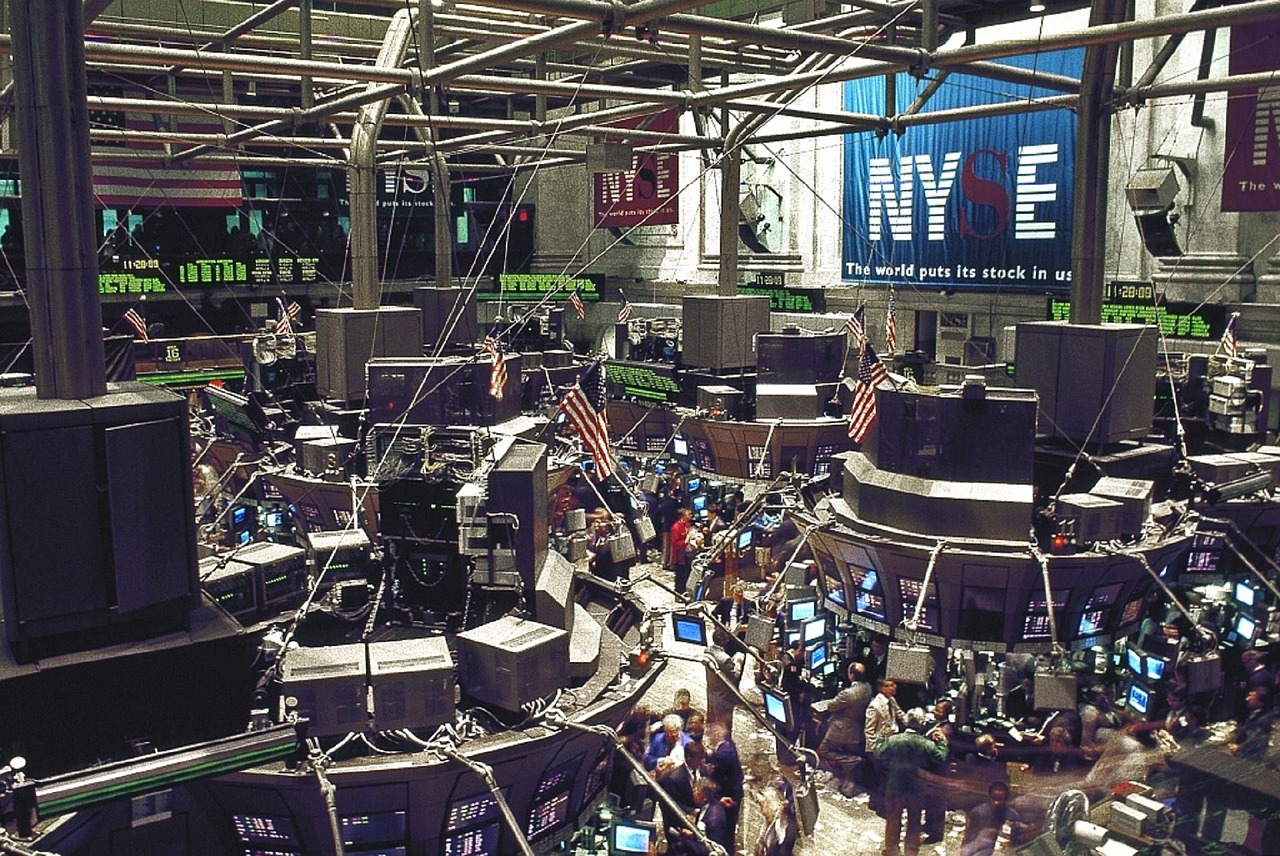

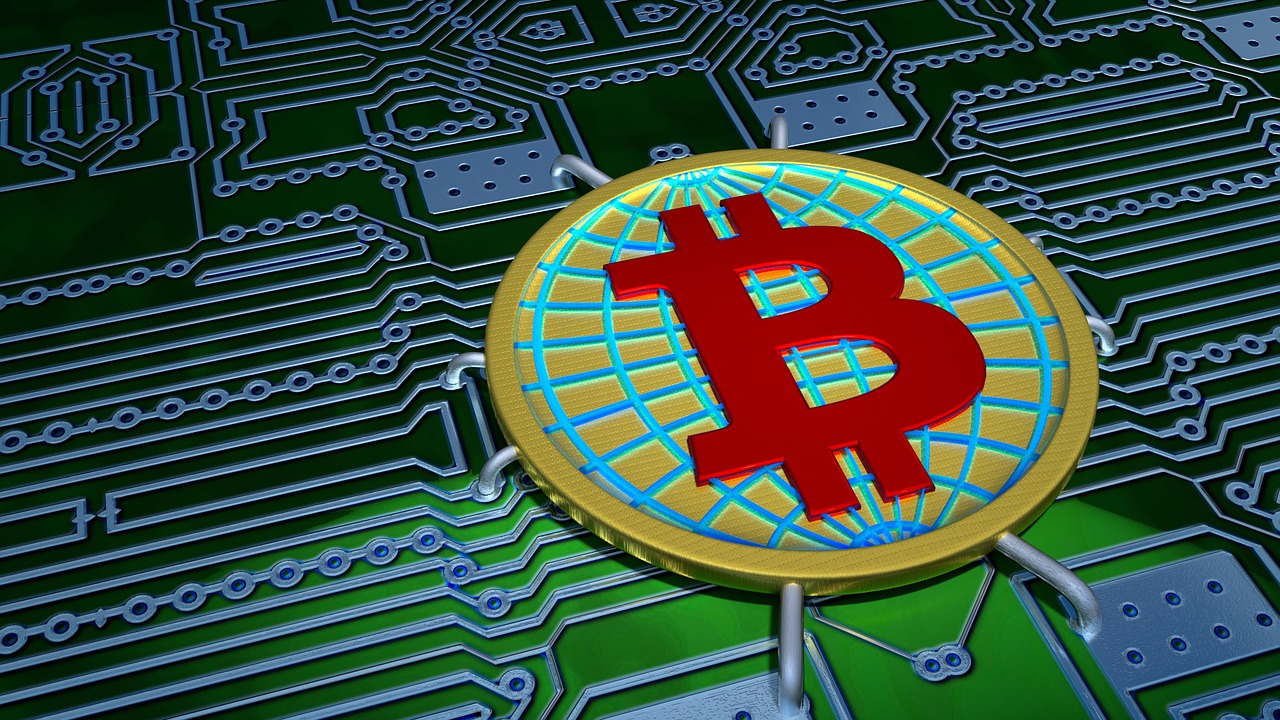
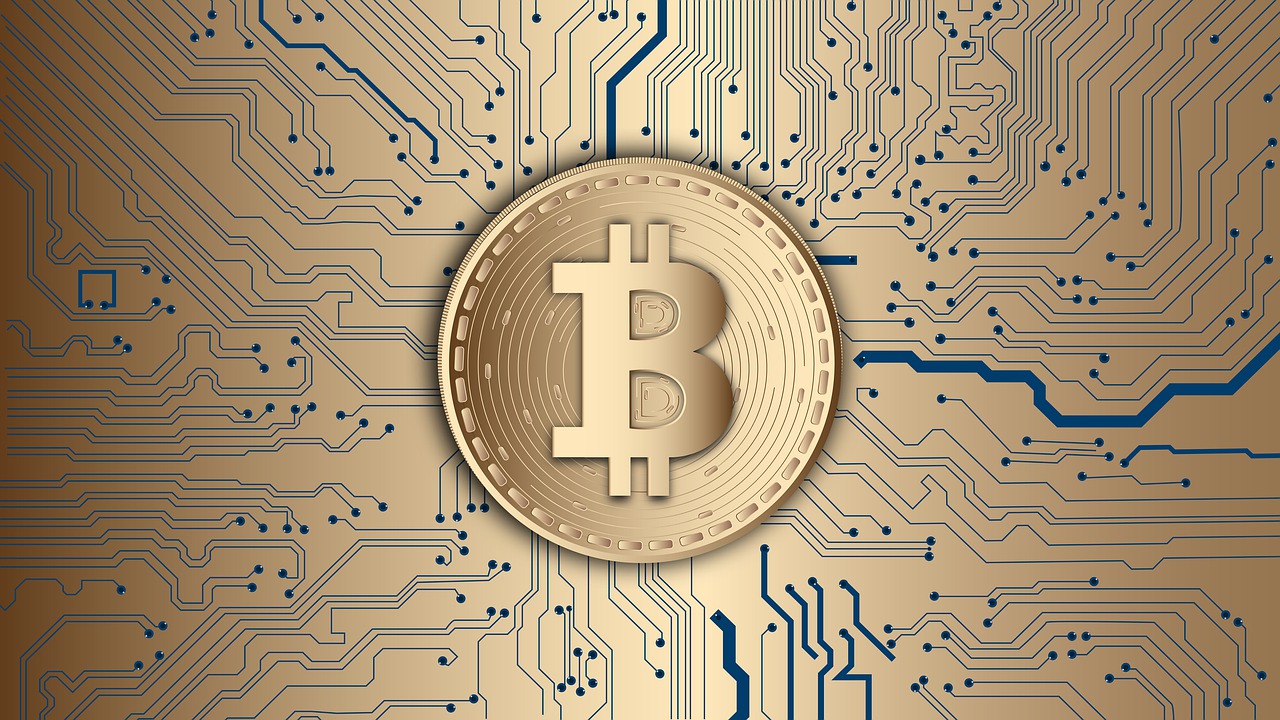

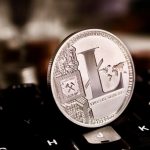


Leave a Reply